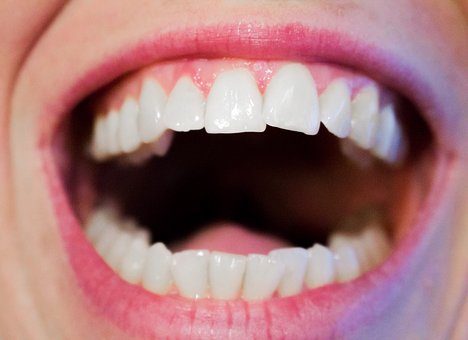Wisdom teeth, also known as third molars, typically emerge between the ages of 17 and 25. For some, they come in without issue. But for many, these late-blooming molars can cause a range of dental problems. Dentists often recommend their removal as a preventive measure — even before symptoms begin. Here are the top five reasons why wisdom teeth need to be removed:
1. Impaction
One of the most common reasons for wisdom teeth removal is impaction. This occurs when the teeth do not have enough room to emerge properly, causing them to grow at an angle or remain trapped under the gums or jawbone. Impacted wisdom teeth can lead to pain, swelling, and even infections if not addressed promptly.
2. Crowding and Shifting Teeth
Wisdom teeth often erupt in already crowded mouths, especially if you’ve had orthodontic work like braces. As they push through, they can exert pressure on your existing teeth, causing them to shift. This can undo years of orthodontic alignment and lead to bite problems and a less aesthetically pleasing smile. Removing wisdom teeth early can help preserve your straightened teeth and prevent costly orthodontic revisions.
3. Increased Risk of Infection
Wisdom teeth can be difficult to clean due to their location at the back of the mouth. This makes them more prone to plaque buildup, decay, and gum infections. Pericoronitis, a painful gum infection that occurs around partially erupted wisdom teeth, is a common issue. Extracting wisdom teeth can significantly lower the risk of infection and help maintain better oral hygiene.
4. Cysts and Jaw Damage
When a wisdom tooth becomes impacted, a fluid-filled sac (or cyst) can form around it. Over time, these cysts can grow and cause serious damage to the surrounding bone, teeth, and nerves. In rare cases, they may develop into benign tumors that require surgical removal. Taking out impacted wisdom teeth can prevent these complications from arising.
5. Pain and Discomfort
Even if your wisdom teeth are not currently causing problems, they can lead to intermittent pain and discomfort. This can include pressure in the jaw, headaches, or sensitivity around the back molars. Removing them proactively can eliminate this ongoing discomfort and ensure better oral health in the long run.
Conclusion
While not everyone needs to have their wisdom teeth removed, many people benefit from early evaluation and proactive treatment. If you’re experiencing pain, swelling, or suspect your wisdom teeth are causing issues, consult with your dentist or oral surgeon. Timely removal can protect your smile and prevent more serious dental problems down the line.


